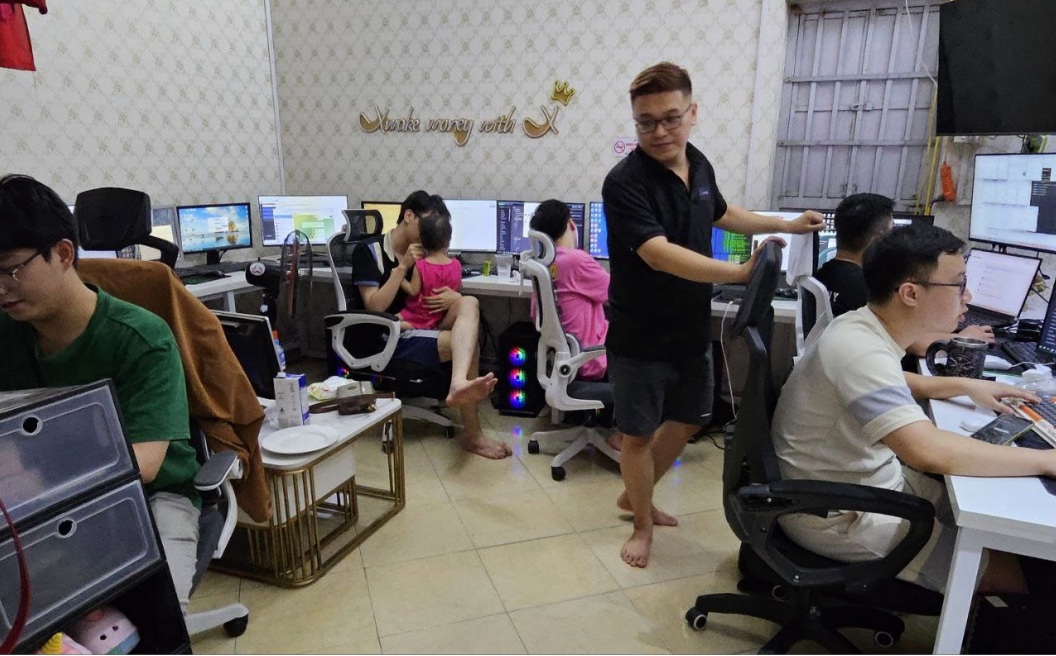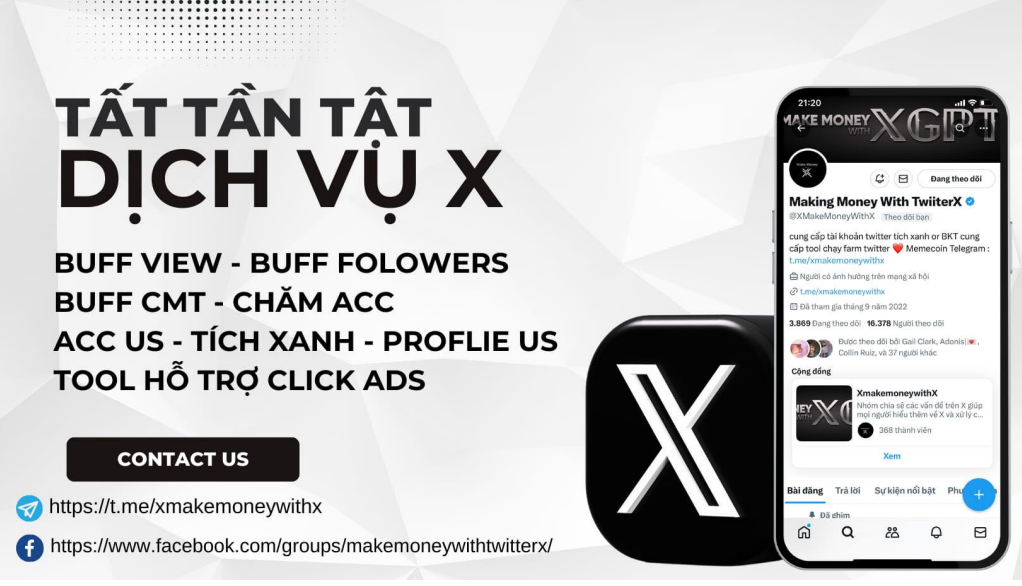ARTICLE AD BOX
A Vietnamese click farm is accused of duping Elon Musk’s X out of a small fortune by exploiting apparently lax controls surrounding its “Creator Revenue Sharing Program” – an initiative touted by the world’s richest person as a purported way for premium users to “earn a living” through their activity on the site.
The eight-man crew operated out of a dingy office space in downtown Hanoi, where they “programmatically post[ed] computer-generated content” to a network of “inauthentic” X profiles set up using stolen identities “to engage in coordinated platform manipulation,” according to a federal lawsuit filed Thursday and obtained by The Independent.
It says these automated profiles would subsequently “‘like,’ ‘repost,’ and otherwise artificially engage with each other’s content, all for the purpose of deceiving X into paying out funds” based on what the company – which just last year enthusiastically touted a new “improved authentic engagements algorithm” – now claims were bogus clicks.
The “fraudulent scheme,” X’s complaint contends, extracted payouts from the Creator Revenue Sharing Program “by manufacturing the appearance of content engagement where none really exists.”
X is now seeking “disgorgement” of the group’s haul, suing them and 25 as-yet unidentified “John Does” for what its complaint calls “a pattern of racketeering activity, including… thousands of predicate racketeering acts of wire fraud since at least 2023.”

Although the company’s complaint does not specify the exact amount of the outfit’s total take, it says the payments were funneled into at least 125 U.S. bank accounts, set up using stolen identities, and transferred to accounts in their real names at nine banks in Vietnam, across more than 1,700 individual transactions. The complaint was filed in Texas, where X is headquartered.
According to the complaint, private investigators working for X eventually learned the names and addresses of the eight named defendants after external payment processing sites PingPong and Payoneer, where Stripe, X’s payment processor, sent the Hanoi team’s “ill-gotten gains,” turned over the identity documents used to set up their accounts.
The five attorneys representing X in the case did not respond on Friday to requests for comment. Defendants Do Minh Thang, Phan Ngoc Tuan, Nguyen Ngoc Thanh, Le Dinh Chung, Nguyen Nhu Duc, Nguyen Viet Kieu, Do Viet Khanh, and Do Xuan Long were unable to be reached.
X’s revenue sharing program was launched in 2022, shortly after Musk bought the platform for $44 billion. In the beginning, premium users, who pay $8 a month for a blue “verified” checkmark next to their names and preferred algorithm placement, received a portion of the revenue generated by ads served to other premium users in their replies.

But when hate speech on X proliferated under Musk’s stewardship, and major advertisers began to flee the site, the company rejiggered the program to instead reward accounts for how many interactions they generated with other premium users. Payouts vary based on a variety of factors, but one estimate pegs it at around $8 for every 1 million impressions.
“The more engagement an account generates, the more the account holder is financially rewarded,” X’s complaint states.
However, according to the complaint, the alleged fraudsters in Hanoi “deceive[d] X into concluding that the accounts they control are the accounts of legitimate content creators deserving of payment.”
“Just as a broker in the financial industry may ‘churn’ profits by engaging in excessive and unnecessary trades in a client’s investment account to generate artificially high commissions or fees, Defendants have employed software to create extensive, artificial engagement within a network of commonly-owned and controlled accounts,” the complaint continues.

The group also sold their automation tools and techniques, generating a separate stream of income by teaching others how to help themselves to a slice of X’s money, the complaint contends. One script, called the “XGPT Tool,” was advertised to tens of thousands of users on YouTube, TikTok, Telegram, Discord, Facebook, Instagram and X itself, the complaint goes on.
On top of the fraud allegations central to X’s complaint, the filing also accuses the Hanoi hackers of trademark infringement, asserting they specifically “misuse[d] and misappropriate[d] the Twitter and X Trademarks” in thumbnails for instructional videos posted to YouTube.
Broadly speaking, X’s complaint claims the alleged scam “has harmed [its] reputation and customer relationships by introducing low-quality content to the platform.”
“Anytime there’s a monetary value added to clicks, there’s going to be people going to the dark side,” an Illinois social media marketing CEO told the Associated Press in 2014.
X is seeking “injunctive relief to disrupt the [Hanoi crew's] ongoing criminal scheme,” and is asking for compensatory, treble, and punitive damages in an amount to be proven at trial.









 English (US) ·
English (US) ·